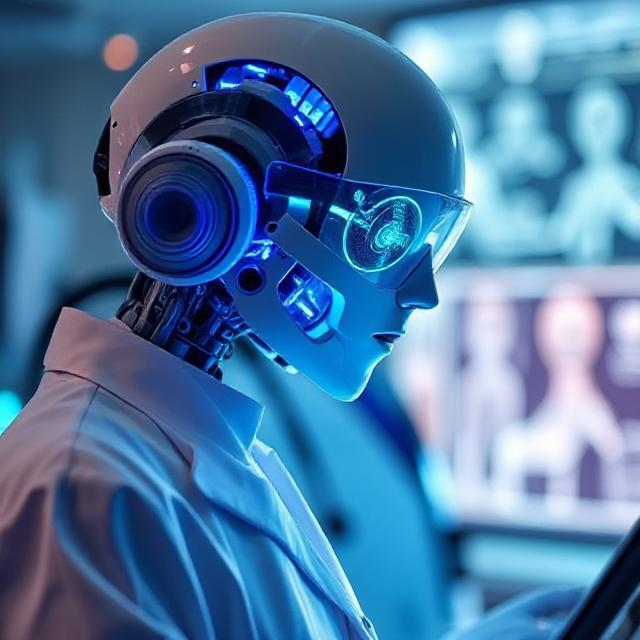Streamlining the Hiring Process
Technology has revolutionized how healthcare organizations recruit talent, making the hiring process faster and more efficient. Applicant Tracking Systems (ATS) enable recruiters to manage job applications, filter resumes, and identify qualified candidates quickly. This reduces the time spent on manual tasks, allowing recruiters to focus on engaging with top talent.
Enhanced Candidate Sourcing
Healthcare recruiters leverage digital platforms to source candidates more effectively. Job boards, professional networks like LinkedIn, and specialized healthcare recruitment platforms connect organizations with a global talent pool. Advanced algorithms and data analytics help identify candidates whose skills and experience align with specific job requirements.
Virtual Interviews and Assessments
Virtual interview platforms have become an essential tool in modern healthcare recruitment. Video interviews eliminate geographic barriers, enabling organizations to assess candidates from anywhere in the world. Additionally, online assessment tools evaluate clinical knowledge, soft skills, and problem-solving abilities, providing a comprehensive view of the candidate’s qualifications.
Artificial Intelligence and Machine Learning
AI and machine learning are transforming recruitment by automating repetitive tasks and improving decision-making. For instance, AI-powered tools can analyze resumes, predict candidate success rates, and recommend individuals based on historical hiring data. Chatbots assist candidates by answering questions, scheduling interviews, and providing updates on application status.
Mobile Recruitment
With mobile devices becoming integral to daily life, healthcare organizations are adopting mobile-friendly recruitment strategies. Mobile apps and responsive websites allow candidates to search for jobs, submit applications, and track progress on-the-go, creating a seamless experience.
Data-Driven Insights
Recruiters now rely on data analytics to make informed decisions. Metrics like time-to-hire, cost-per-hire, and candidate engagement rates help refine recruitment strategies. Predictive analytics also forecast hiring needs, ensuring organizations are prepared to address future workforce demands.
Diversity and Inclusion Initiatives
Technology supports diversity and inclusion efforts by minimizing unconscious bias in recruitment. AI tools can analyze job descriptions for biased language, ensuring they attract a diverse range of candidates. Additionally, anonymized resume screening removes identifying information, focusing solely on qualifications and experience.
Improved Employer Branding
Digital platforms enable healthcare organizations to build and showcase their employer brand. Social media, company websites, and review sites like Glassdoor allow organizations to highlight their culture, values, and benefits, attracting candidates who align with their mission.
Telehealth and Remote Work Opportunities
The rise of telehealth has expanded the need for remote healthcare roles. Technology facilitates recruitment for these positions, enabling organizations to find professionals skilled in virtual care delivery. Tools like virtual reality can even simulate telehealth scenarios during candidate evaluations.
Compliance and Credential Verification
Technology ensures compliance with regulatory standards by streamlining credential verification processes. Automated systems validate licenses, certifications, and work history, reducing the risk of errors and ensuring candidates meet required standards.
Onboarding and Training
Modern recruitment doesn’t stop at hiring. Technology also enhances onboarding and training through virtual orientation sessions, e-learning platforms, and interactive modules. This prepares new hires for their roles while ensuring a smooth transition into the organization.






